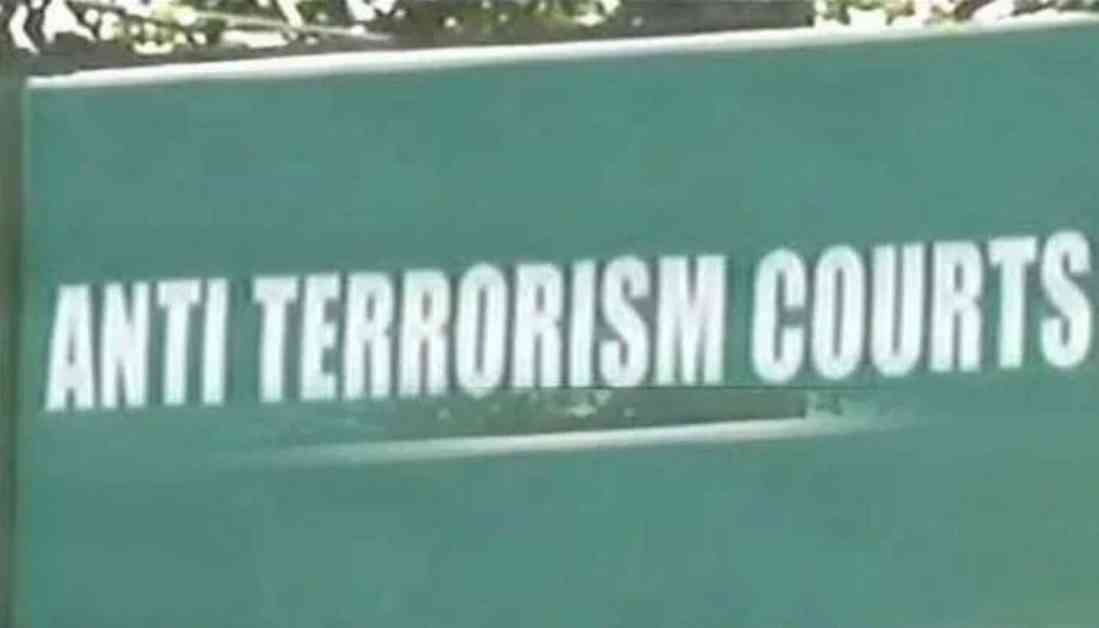Bail Granted to 153 PTI Activists in Protest Case
An Anti-Terrorism Court (ATC) in Islamabad made a significant decision today, granting bail to 153 Pakistan Tehreek-e-Insaf (PTI) activists who were arrested in connection with a protest case. The court also rejected the bail pleas of 24 PTI workers involved in the same incident at D-Chowk.
The ATC Judge Abul Hasanat Zulqarnain presided over the hearing of 177 PTI activists who were seeking bail. Among the 48 accused whose cases were filed at the Karachi Company Police Station, 43 had their bail pleas accepted, while 5 had their pleas rejected by the court.
The bail was granted against the surety bonds of Rs5,000, providing relief to the activists who had been detained. The court had deliberated on the matter and reserved its verdict after hearing arguments from both sides.
Supporting Details: Witness Accounts
Eyewitnesses at the protest described a chaotic scene as tensions escalated between the activists and law enforcement. The activists were seen chanting slogans and waving flags as they demanded justice for their cause. The police presence was heavy, with officers attempting to contain the situation and maintain order.
Expert Commentary: Legal Perspective
Legal experts weighed in on the ATC’s decision, noting that bail after arrest is a crucial step in the legal process. Granting bail allows individuals to await trial outside of detention, ensuring their rights are protected while still being held accountable for their actions.
Context: Political Implications
The protest case involving PTI activists has broader political implications, highlighting the ongoing tensions between the government and opposition parties. The outcome of the bail hearings could impact future demonstrations and the relationship between activists and law enforcement.
In conclusion, the ATC’s decision to grant bail to 153 PTI activists marks a significant development in the protest case. The legal proceedings underscore the complexities of balancing freedom of expression with public safety, reflecting the challenges faced by authorities in maintaining law and order during protests.
One of the PTI activists, Ali, shared how the experience of being arrested and seeking bail had a profound impact on him. He expressed relief at being granted bail and emphasized the importance of peaceful protests in a democratic society. Ali’s story highlights the human side of the legal process and the personal stakes involved for those caught up in such cases.









